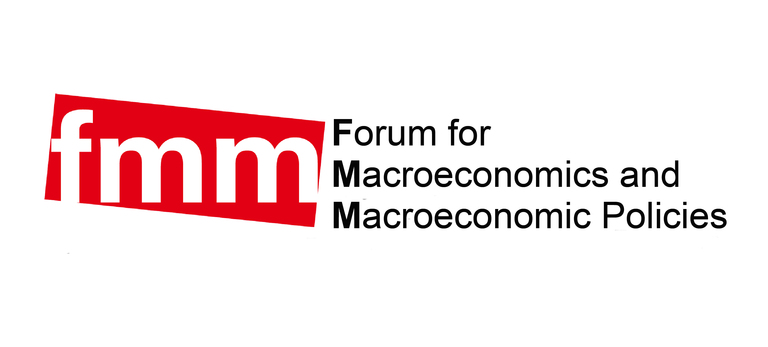Conferences
The forum organises an annual international conference which takes place in Berlin in autumn. Since its first workshop, held in 1997, the FMM organises an annual international conference, which takes place in late October. It covers present debates on macroeconomic theories and issues. Parallel and plenary sessions build a platform for interchange among members and friends of the forum. Further the FMM’s focus on promoting young economists is reflected by the active participation in introductory lectures as well as in special parallel sessions. On this webpage we provide information on the next and documentations of past conferences including papers, slides and videos of introductory workshops and plenary sessions.






